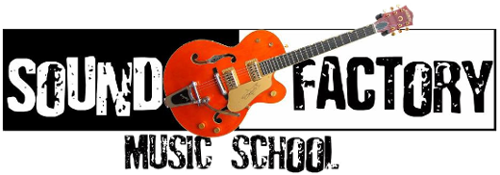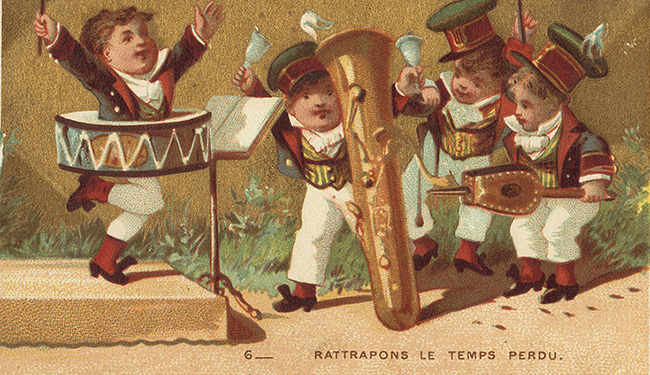The Sound Factory Music School
|
New studies on the cognitive advantages of learning instruments at early ages Several times a week, a group of at-risk youth in Los Angeles reports to makeshift music rooms at Alexandria Elementary School near Koreatown for lessons in violin or cello or bass—and to Saturday ensemble programs where they learn to play with bands and orchestras. As the students study their instruments, researchers study the students’ brains. The children, who devote at least five hours per week to their music, are participants in the award-winning non-profit Harmony Project, which provides free instruments and instruction to kids in underserved areas of the city if they promise to stay in school. The scientists, who hail from Northwestern University’s Auditory Neuroscience Laboratory, travel from Evanston, Illinois to a satellite lab in Hollywood for a few weeks each year to examine the impact of the music lessons on the children’s language and cognitive skills. What they are finding, according to Dr. Nina Kraus, a professor and neuroscientist at Northwestern and lead researcher of the study, is that music instruction not only improves children’s communication skills, attention, and memory, but that it may even close the academic gap between rich and poor students. Kraus reported these results in a National Endowment of the Arts-sponsored webinar in July. When Plato said that music gives “wings to the mind,” he might have been onto something. Recent studies increasingly point to the power of music to shape the brain and boost its functioning. Read the whole article
1 Comment
Rob
9/13/2023 02:45:42 am
Your post demonstrates a deep understanding of the subject matter. It's evident in the comprehensive coverage and detailed explanations. <a href="https://ef43cj4nn1nb8w7ln2tj6voaby.hop.clickbank.net" target="_blank">click here</a> for more insights.
Reply
Leave a Reply. |
studio |
|


 RSS Feed
RSS Feed